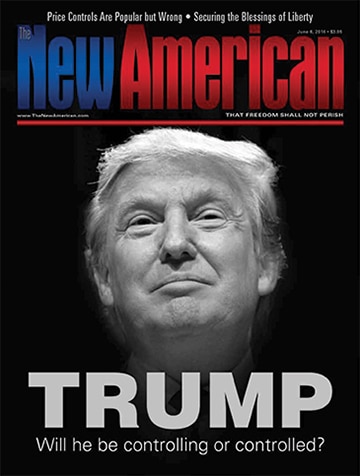Price Controls Are Popular but Wrong, Morally and Economically
Writing in his classic book Economics in One Lesson, Henry Hazlitt — journalist and economist of the Austrian school of economics — gave a lucid explanation of the problem with minimum-wage laws. “We cannot distribute more wealth than is created,” he wrote, adding, “Real wages come out of production, not out of government decrees.”
A long, long history of government decrees in this area reveals insights into the effects of such laws. In ancient Babylon, King Hammurabi decreed the politically correct wage level for field laborers, herdsmen, potters, tailors, carpenters, rope makers, and others. As Robert Schuettinger and Eamonn Butler commented on this ancient effort at minimum-wage laws in their book Forty Centuries of Wage and Price Controls, “It appears that the very people who were supposed to benefit from the Hammurabi wage and price restrictions were driven out of the market by those and other statutes.”
Likewise, in the days of the Roman Empire, the Emperor Diocletian experienced similar results. He attempted to simply decree, under penalty of death, certain controlled wages and prices because merchants were raising prices, causing upward pressure on wages. Though prices were rising because Diocletian had debased the Roman currency, leading to its drop in value, like a typical politician we might meet in our century, he placed the blame for rising prices on sellers and speculators in the empire. To remedy the supposed problem, Diocletian issued his edict in 301 A.D. The edict covered more than a thousand individual wages and prices, from the price of beer to the wages of reading teachers.
JBS Member or ShopJBS.org Customer?
Sign in with your ShopJBS.org account username and password or use that login to subscribe.

 Subscribe Now
Subscribe Now
- 24 Issues Per Year
- Digital Edition Access
- Exclusive Subscriber Content
- Audio provided for all articles
- Unlimited access to past issues
- Cancel anytime.
- Renews automatically

 Subscribe Now
Subscribe Now
- 24 Issues Per Year
- Print edition delivery (USA)
*Available Outside USA - Digital Edition Access
- Exclusive Subscriber Content
- Audio provided for all articles
- Unlimited access to past issues
- Cancel anytime.
- Renews automatically


